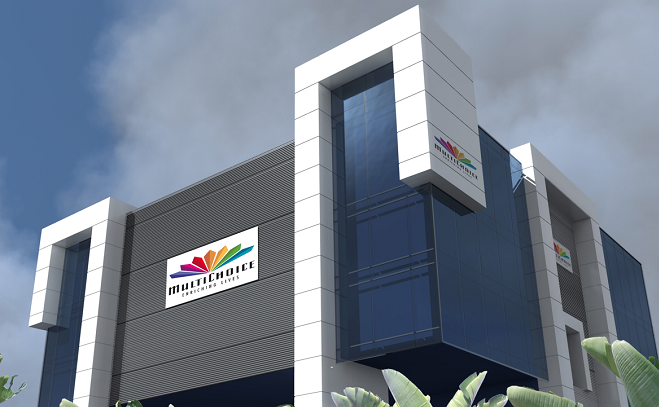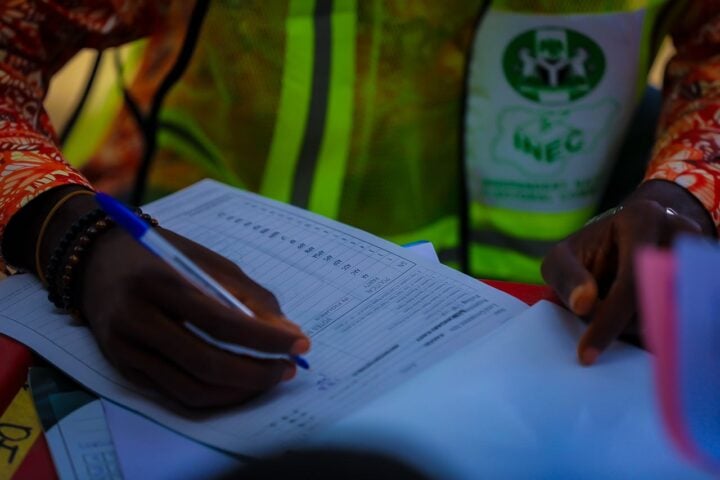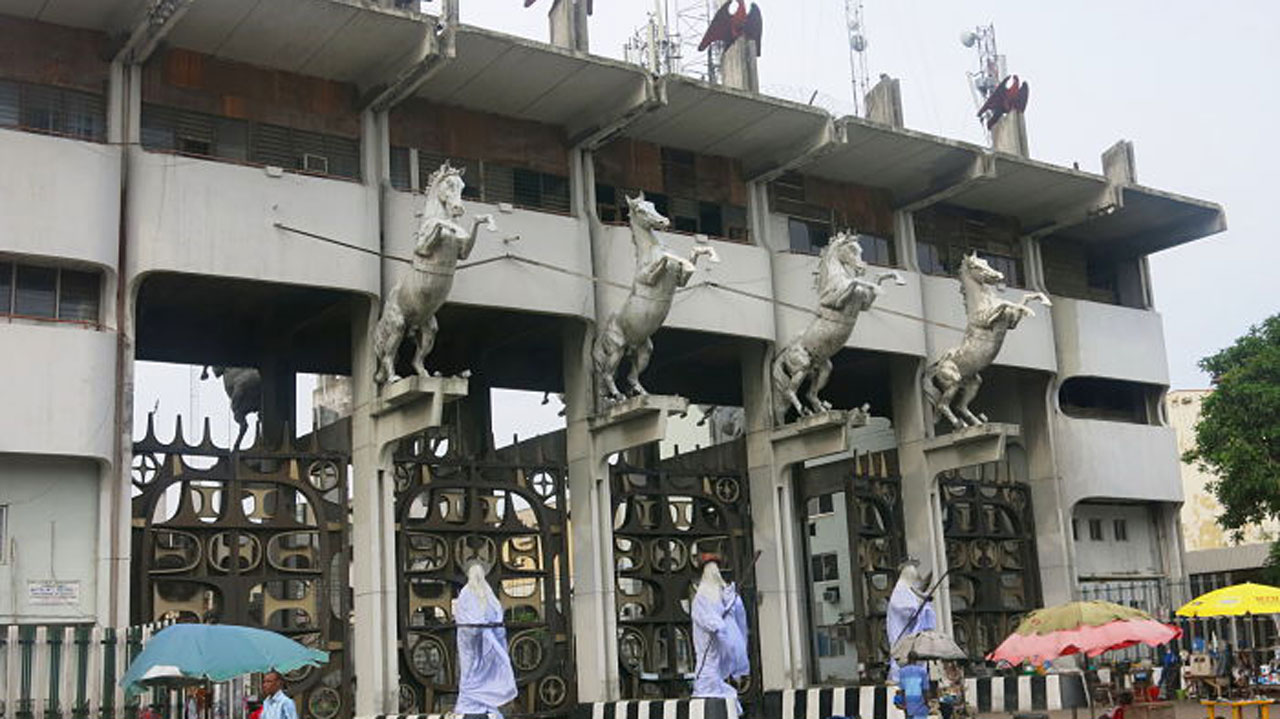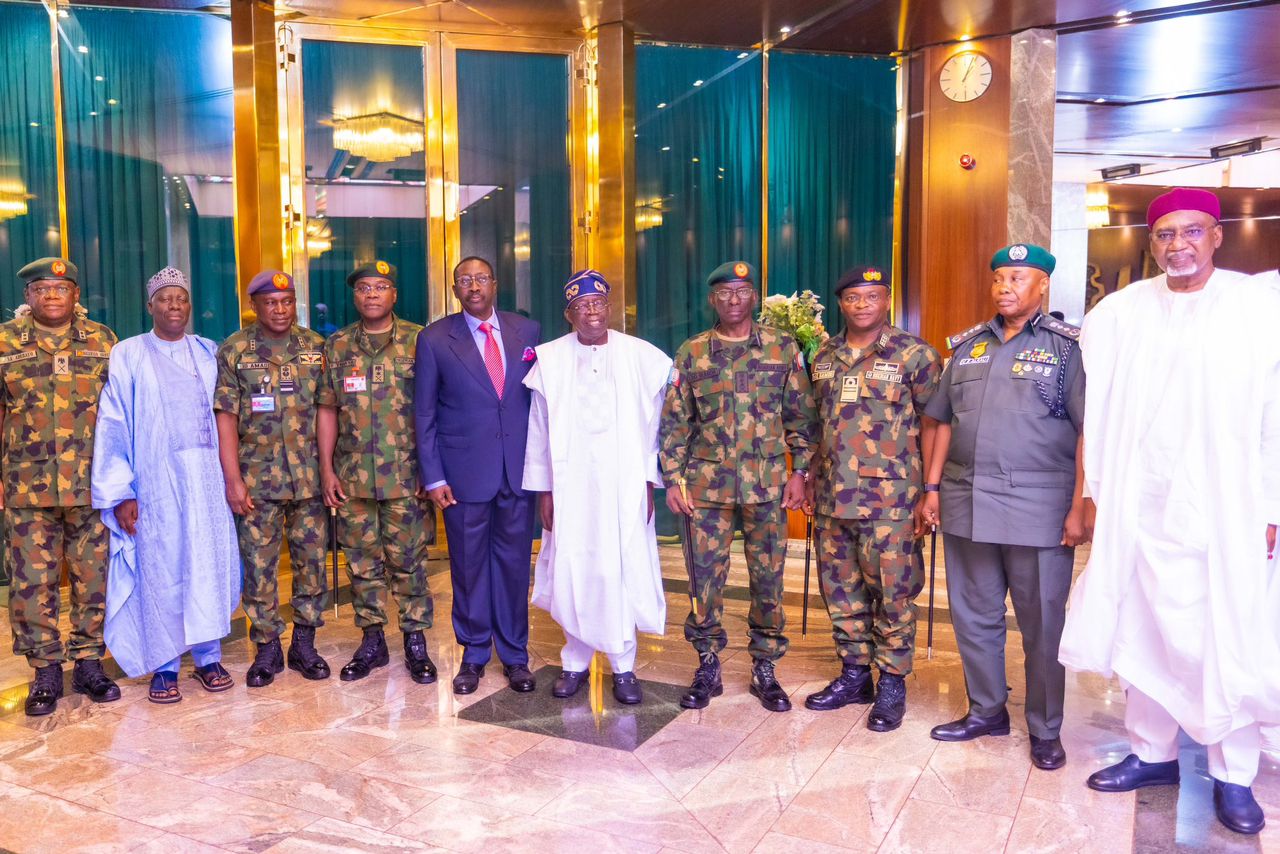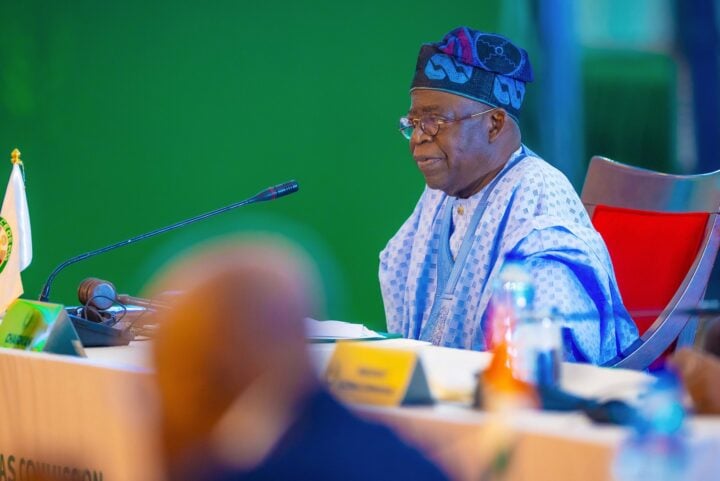BY CHIMUANYA DURU
Last weekend, something I had not remembered in a long while popped up in my head. It was the duck test, famously credited to US labour leader, Walter Reuther. “If it looks like a duck, walks like a duck and quacks like a duck, then it just may be a duck,” reasoned Reuther. He was implying that an unknown subject can be identified by observing its habitual characteristics.
What reminded me of the duck test were ‘technically’ two reports (one, in actuality) published by two major newspapers, from which small news websites lifted verbatim. Before I continue, I want to state that I am a keen observer of the Nigerian media landscape, especially the news media. The story or stories (take your pick) sought to explain the recent price increase by cable television company, MultiChoice Nigeria which, like every other business, was forced by local economic conditions to increase prices.
The pay-TV company, part of a continental group, announced a price increase on November 1 with effect from November 6. On November 15, its parent company announced a third consecutive semi-annual loss, which it attributed to poor performance of the naira against the dollar and persistently poor power supply in South Africa. These are thought to be the company’s two biggest markets.
Advertisement
The poor performance of the naira is a direct result of the federal government’s decision in June to allow the naira to trade more freely, a state of affairs that resulted in a 40% devaluation of the naira. The two distinguished publications, shockingly, over the weekend, published stories suggesting that MultiChoice Nigeria announced the price increase after the parent company declared a semi-annual loss.
“Days after disclosing a $72 million deficit in its third quarter financial report, Multichoice has increased the cost of its products in Nigeria. A 20% increase in the company’s packages overall was discovered through an examination of the new price list,” wrote one in its opening sentence, a near-facsimile of that of the one that was out with the story first.
The first to publish opened with “Broadcasting company, MultiChoice, has jacked up the prices of its offerings in Nigeria days after announcing a $72 million loss in its financial statement for the third quarter of the year. Checks on the company’s reviewed price list showed a 20% hike in the company’s packages across the board”.
Advertisement
There is a need to repeat the sequence of events. The increase in prices was announced on November 1 and took effect on November 6, while the loss was announced on November 15, nine days after the new prices took effect. But the newspapers reported last Saturday and Sunday respectively that the company had just announced the price reviews, something that took effect over a month before they published the stories. The hint I get from this is that there is an agenda afoot. I see that a lot in the media. “If it looks like a duck, walks like a duck…” The price review was reported in the media immediately after it was announced and except the two reporters were held hostage by bandits at the time (heavens forbid), they must have been aware at the time of announcement.
The two reports are the dictionary definition of poorly executed astroturfing. You do not need any forensic competence to sniff it. The reporters of both publications quoted a MultiChoice spokesperson, who preferred anonymity. Someone who preferred anonymity certainly did not hold a press conference or issue a statement. Shockingly, when each medium spoke with him at different times, he said, according to both reporters, “Yes. We have increased our rates. We buy content in dollars but earn in naira. If we take off a channel or stop acquiring content that our customers are used to, we will be slammed. We buy diesel. We pay taxes. Even before this year, with the dollar and fuel subsidy removal. We pay billions in licensing fees. We operate several offices. We have to pay staff”.
Since no statement was issued by the spokesperson, there is no way he could have spoken to two people at different times in the same words and the same order except he is a mechanical contrivance like an auto-reply machine or has a vocabulary limited to 200 words, something that would have made him eminently ineligible for employment as a spokesperson. I am not competent to teach journalists their job. Still, for credibility or a veneer of it, one of the two reporters could have produced what was attributed to the spokesperson in different words and to the same effect. Unless you have extrasensory perception (ESP), it is nigh on impossible to know who is supplying the rhythm to which they are both dancing. I do not have ESP. The duck test, however, assures me that this is no organic reporting, as evidence declines to support even faintly such a notion. It is deliberate misinformation and low-fi propaganda. There are certain elements, individual and/or corporate, using the media as a battle axe. The two reports are more of a contrivance than a coincidence.
That said, I am not happy that MultiChoice increased prices but I understand what they and every business have done; to keep their head above water. The spokesperson, whose words were dubbed by the second newspaper, had already provided plausible reasons for the price increase. I cannot do better than that.
Advertisement
This is not the first time that this sort of thing is happening. It is certainly not going to be the last. Successful businesses, historically, are targets of mud-slinging by competition and other interested hate-mongers. The trick is to peddle untruths through the media, hoping to dupe the public into believing such. It would be naive to say it doesn’t work. Otherwise, the widespread belief that pay-per-view is cheaper and the model is in operation in South Africa, MultiChoice’s country of origin. We wouldn’t also believe that it is possible for premium television content to be retailed at N2,500 per month as those pirating MultiChoice’s channels are doing in many parts of Nigeria. Some of these are even bold enough to advertise their illegal broadcast on social media. Scary.
Views expressed by contributors are strictly personal and not of TheCable.
Add a comment
